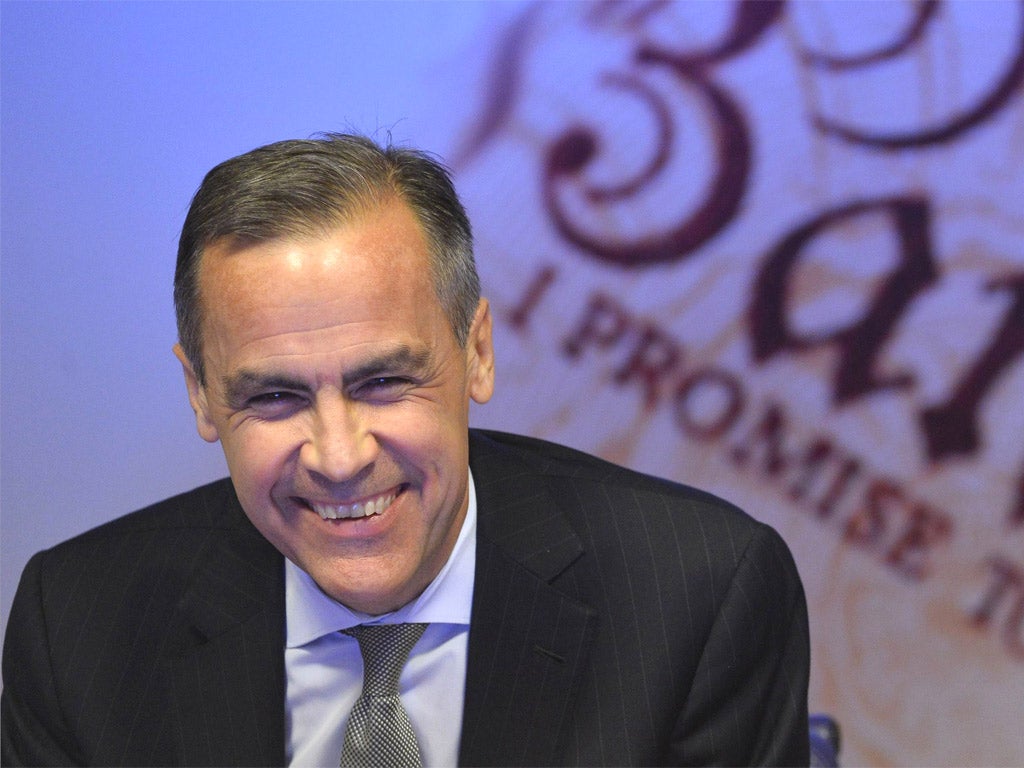Gamekeeper Mark Carney has further rules for poachers
Outlook: There is another way of dealing with the 'too big to fail' conundrum, and that is by forcing a break up of bloated groups like HSBC

Mark Carney is rapidly becoming the bête noire of the banking industry. That he is himself a former banker (Goldman Sachs) only makes the spectacle more enjoyable.
He was at it again in his role as the head of the global Financial Stability Board, telling the world’s top 30 systemically important banks – Barclays, HSBC, Standard Chartered and Royal Bank of Scotland are on that list – that they need even bigger capital buffers to protect the taxpayer against their failure.
Analysts reckon what he is proposing will cost banks hundreds of millions more than they’ve already shelled out to rebuilt capital bases. That cost will have to be met through the raising of some expensive debt. Mr Carney wants the holders of this debt to meet the cost if these banks fail.
This is generally what happens when normal companies go to the wall, as the banks well know. They certainly spend enough time fighting over the scraps when their lending decisions go awry. They’re just not inclined to practice what they preach. So, lobbyists, get set for a payday. You’re going to have a lot of work ahead before next month’s G20 leaders’ meeting when Mr Carney’s proposals will be discussed. And presumably watered down.
A taste of the arguments that will be deployed can be gleaned from what HSBC’s chairman Douglas Flint argued during a recent Treasury Committee hearing. He opined that society ultimately pays for banking failures however you cut the cloth.
The cost, he said, is either paid through taxation (via bailouts) or through reduced returns from pensions and savings as a result of the capital loads being placed on banks. Borrowing costs, too, will increase.
Of course, there is another way of dealing with the “too big to fail” conundrum, and that is by forcing a break up of bloated groups like HSBC. That also deals with the related question of whether they are too big to manage. But regulators have, so far, stopped short of this. It’s radical and it frightens politicians. Far better to do it by stealth, by forcing the giants to hold so much capital that it no longer pays to be a giant. At that point they might just break themselves up.
Subscribe to Independent Premium to bookmark this article
Want to bookmark your favourite articles and stories to read or reference later? Start your Independent Premium subscription today.

Join our commenting forum
Join thought-provoking conversations, follow other Independent readers and see their replies